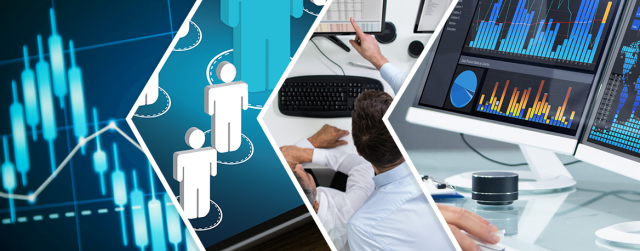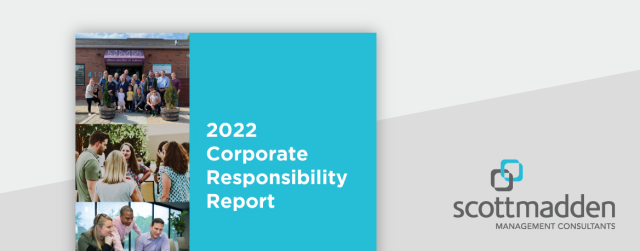Corporate Renewable Energy Program
The private sector is increasingly turning to renewable energy to achieve corporate sustainability goals . In order to accomplish this successfully, these companies depend on a clear corporate renewable energy program. A corporate renewable energy program is an implementation and management framework to help companies integrate renewable energy into their business operations. An effective program will include a clear goal (e.g., 100% renewable energy sourcing), a defined procurement strategy (e.g., renewable energy certificates (RECs), power purchase agreements (PPAs), etc.), and an iterative underlying process for ongoing management.
Continue reading




